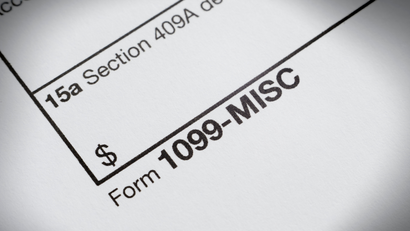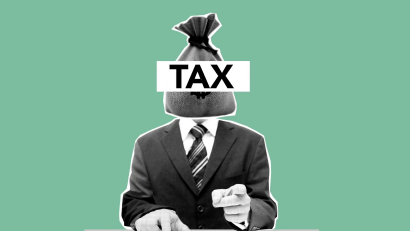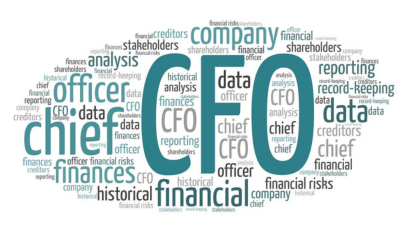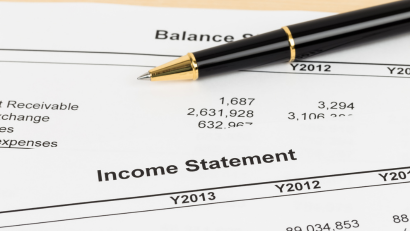As a business owner, staying on top of all tax-related deadlines, including those related to 1099 forms, is crucial. A 1099 form, also known as “Information Returns,” are used to report non-employee compensation, such as payments to independent contractors or freelance workers. Filing these forms on time is crucial to maintain compliance with IRS regulations and avoid penalties.
To avoid these issues, business owners must understand the requirements for filing 1099 forms and stay ahead of deadlines. Therefore, understanding who needs to file a 1099 form, knowing the deadlines for filing, and implementing strategies for staying organized and compliant are critical.
This article will explore these topics in more detail and provide tips for avoiding late filing and maintaining compliance with IRS regulations.
Who is required to file 1099 forms?
Businesses must file 1099 forms for non-employee compensation exceeding $600 in a calendar year. These rules include payments to independent contractors, freelance workers, and non-employee service providers.
Overview of the different types of 1099 forms
There are several different 1099 forms, each with a specific purpose. The most common forms include:
- 1099-NEC: Used to report non-employee compensation, such as payments to independent contractors or freelance workers
- 1099-MISC: Used to report earned income of $600 or more in rent or royalty payments.
- 1099-G: Used to report government payments, such as unemployment compensation or tax refunds.
It is important to note that different forms may have other filing deadlines and requirements. Therefore, it is vital to understand which forms apply to your business and to stay on top of filing deadlines.
Deadlines for filing 1099 forms
The deadlines for filing 1099 forms vary depending on the form type and the filing method. For example, the filing of 1099MISC forms with the IRS is January 31st, and the deadline for providing a copy to the recipient is January 31st. However, if you file electronically, the deadline is March 31st. These deadlines are firm, and no extensions are available.
Consequences of missing the deadlines
Failure to meet the deadlines for filing 1099 forms can have severe consequences for businesses. The IRS can impose penalties for late filing, and the longer the delay, the larger the liability. For example, if you file more than 30 days late, the penalty is $50 per form, with a maximum fine of $556,500 per year for small businesses. More than 60 days late, the penalty increases to $100 per form, with a maximum fine of $1,113,000 per year for small businesses.
Tips for avoiding late filing
Staying organized and keeping track of deadlines is crucial to avoid the late filing of 1099 forms. First, you can set up a calendar or schedule with all relevant deadlines marked. Another way to stay organized is by keeping detailed records of all payments made to non-employee service providers throughout the year.
Online tools and software to automate the process
There are a variety of online tools and software that can help automate the process of filing 1099 forms. These can include software that tracks payments made to non-employee service providers, automatically generates 1099 forms, and electronically files them with the IRS. By using these tools, businesses can streamline the filing of 1099 forms, making it easier to stay organized and avoid late filing.
Importance of working with a tax professional or accountant
Working with a tax professional or accountant can be an effective way to avoid the late filing of 1099 forms. Tax professionals and accountants have the expertise and knowledge necessary to help businesses comply with IRS regulations and avoid penalties. They can assist with organizing records, tracking deadlines, and filing forms correctly. Additionally, they can provide valuable guidance on any legal or tax implications associated with filing 1099 forms and can help identify any potential errors or discrepancies.
Conclusion
1099 forms are an essential aspect of business tax compliance. They are used to report payments made to non-employee service providers. Late filing of 1099 forms can result in significant financial penalties and negative reputational consequences. However, by staying organized, utilizing automated tools, and working with a tax professional or accountant, businesses can avoid late filing and maintain their reputation as compliant and professional organizations.




